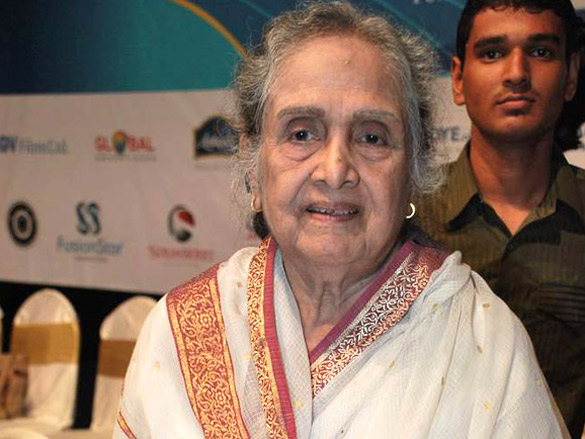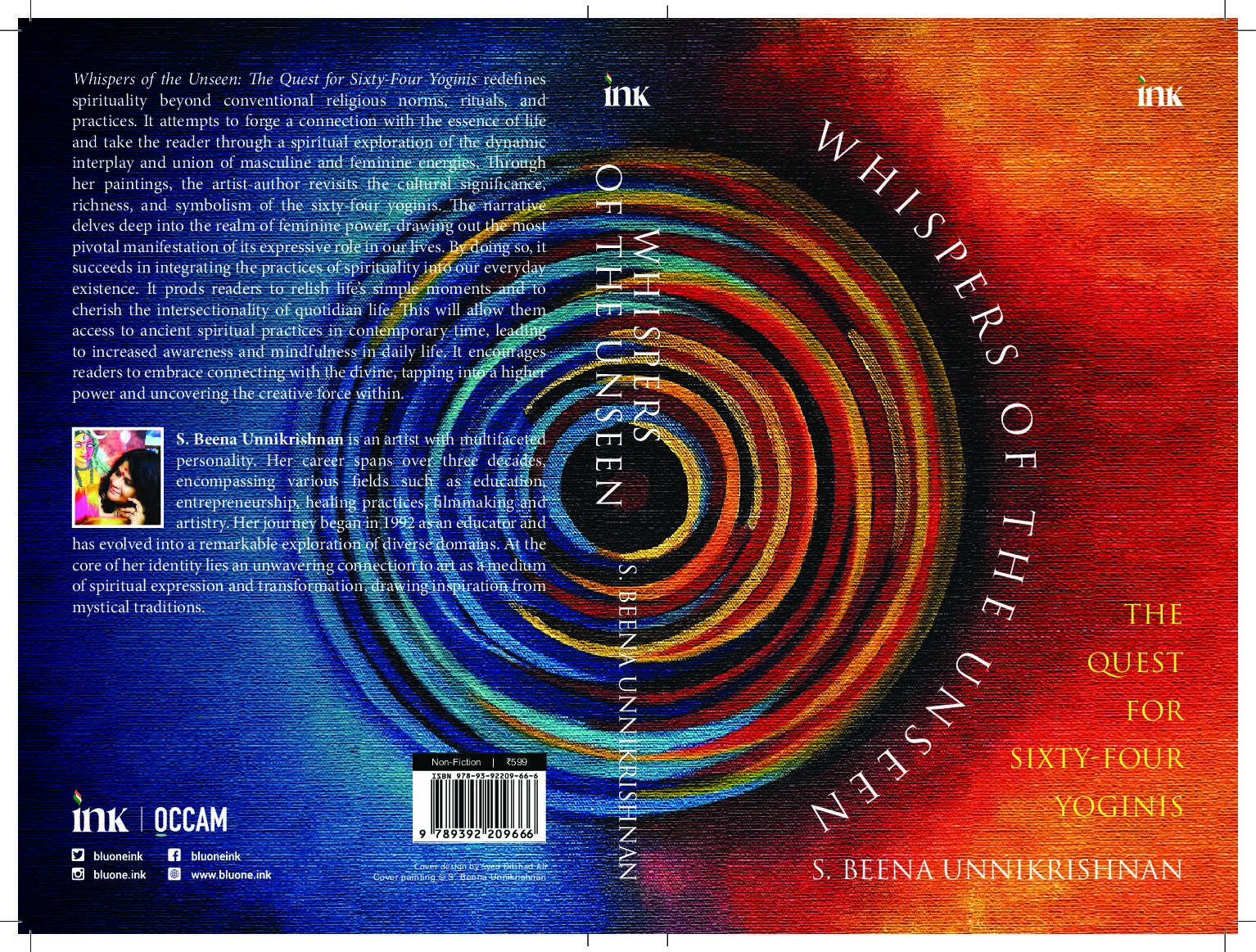The pathos of Mother Indias
Sulochana was among the actresses who exemplified the role of Hindi film hero’s long-suffering mother
Ravi Shanker Kapoor | June 10, 2023 6:22 pm

Sulochana (Photo courtesy: Wikimedia)
The notable actress Sulochana Latkar (July 30, 1928-June 4, 2023) of Hindi and Marathi cinema, better known as just Sulochana, recently passed away at the age of 94 because of an age-related illness. I remember her as a graceful, elderly lady who often played mother to many heroes, including Dev Anand (September 26, 1923-December 3, 2011).
This write-up is not an obituary of the actress; you can read it elsewhere https://www.hindustantimes.com/cities/mumbai-news/renowned-actress-sulochana-latkar-passes-away-at-94-leaves-behind-an-indelible-mark-on-hindi-and-marathi-cinema-101685905710094.html. This is a short sketch of Hindi film hero’s long-suffering mother. Among the actresses who exemplified this role were Sulochana, Leela Chitnis (September 9, 1909-July 14, 2003), and Nirupa Roy (of mere-paas-maa-hai fame).
Filmmakers have been cruel, indeed sadistic, towards the mothers of heroes—both off-screen as well as on-screen. All of them played the mother of Dev Anand. While Leela Chitnis was older than him, the other two ladies were younger than he, Roy being eight years younger.
In Munimji, Roy (just 25 years old) was shown as the mother of a 33-year-old man. And what man! Dev Anand is the most Westernized, elegant, urban, urbane, and handsome male star Hindi cinema has ever produced. There is a story that he was prohibited from wearing a black suit. The reason: he looked so good in such attire that women lost control over themselves. In all probability, this is an apocryphal story, but such stories were never told about, say, Shah Rukh Khan, the so-called king of romance.
Filmlore has it that many actresses, Tanuja and Zaahida among them, refused to play Dev Anand’s sister in Hare Rama Hare Krishna (1971); this is how Zeenat Aman made her debut https://timesofindia.indiatimes.com/entertainment/hindi/bollywood/news/zeenat-aman-no-one-wanted-to-play-dev-anands-sister-in-hare-rama-hare-krishna/articleshow/92614240.cms. A year earlier, however, Sulochana appeared as his mother in Johny Mera Naam.
I wish I had met Sulochana and Roy, and asked them how they felt playing the mother of such a charming man who was also younger than they. They were good enough to convince the audience, though, that he was indeed their son, but that must have taken some effort.
If off-screen our filmmakers showed a cavalier attitude towards mothers by forcing them to pour their mamata on older men, their on-screen treatment is infinitely worse. These ladies embodied naari ki peeda. They were often poor and widowed, invariably self-abnegating and always ready to sacrifice everything they had. Indeed their raison d’etre was sacrifice.
Our movie directors—in fact, most Indians—cherish and idealize, even idolize, such mothers. But do such mothers exist? Should they exist in the first place?
Vishal Bhardwaj, a quintessential Left-liberal, made a jihad-compliant movie called Haider a few years ago. He disgraced himself and Shakespeare on whose Hamlet he claimed the movie was based. It was a bad movie, but it did a good thing: it metamorphosed the mother of Hindi film hero. It brought her down from the pedestal on which idols are placed, but infused life into the idol.
The idol, like all idols, was made of fossilized ideals. All these evaporated, leaving behind a living woman. A flawed woman of course—who sleeps with her own brother-in-law and does little to her son’s oedipal urges—but a living, lively woman nonetheless. Tabu played the role majestically.
Hopefully, elderly women in Hindi cinema will never become idols in future.






























